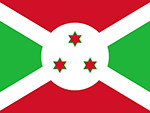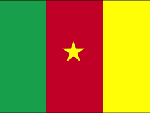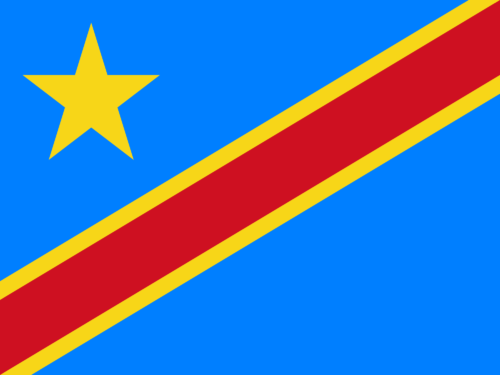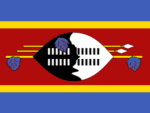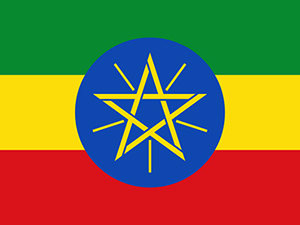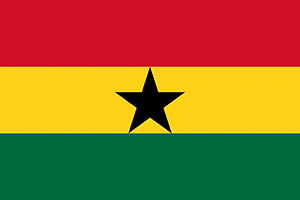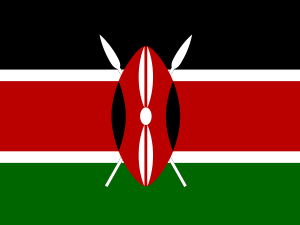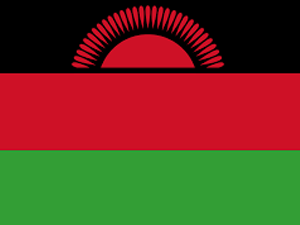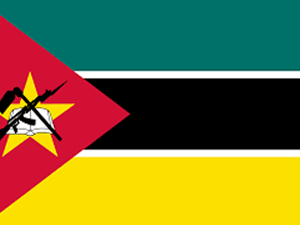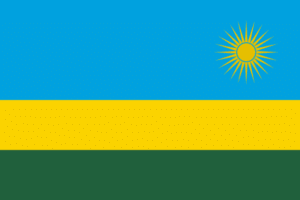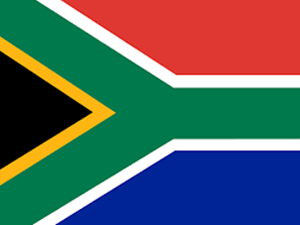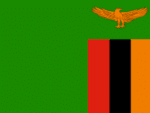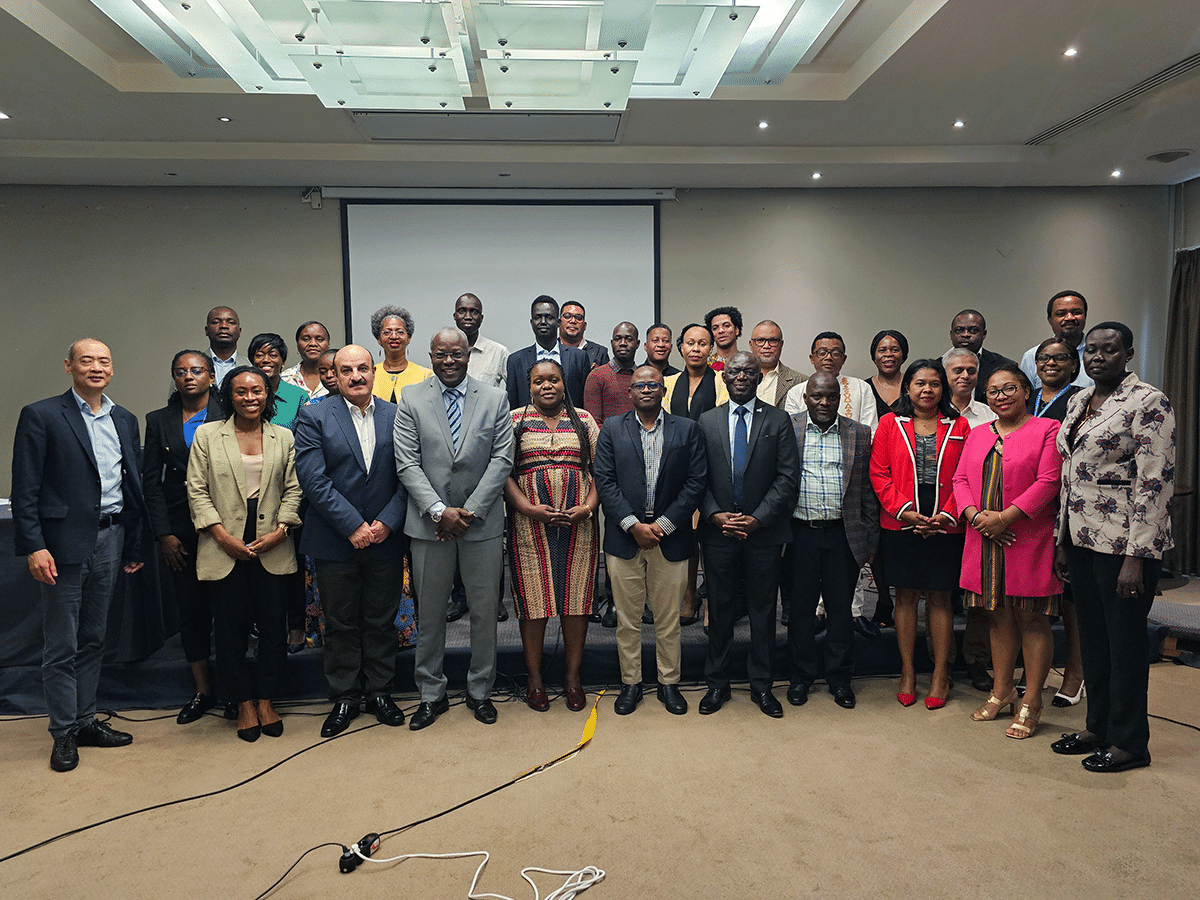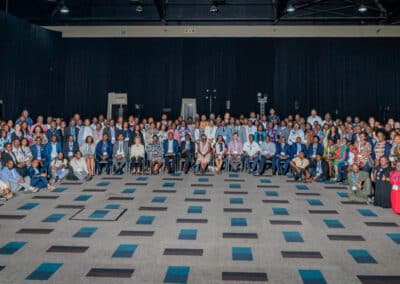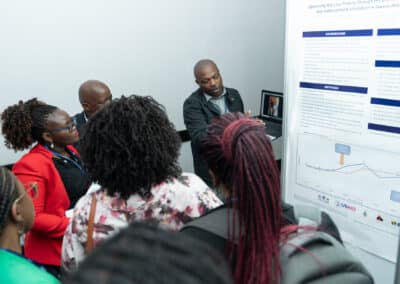In May and June, UNAIDS hosted three productive meetings for CQUIN’s technical team to introduce eight UNAIDS-selected countries to the network’s central tools, the CQUIN capability maturity models (CMM) for differentiated HIV Testing Services, differentiated HIV treatment services, and Advanced HIV Disease. Country policymakers and their stakeholders from the 21 countries that form the CQUIN network use the tools annually to measure and track progress, identify implementation gaps, and facilitate decision-making for differentiated service delivery (DSD).
In recognition of CQUIN’s pivotal role in improving DSD in network countries, UNAIDS leadership requested ICAP’s support to introduce policymakers and their development partners from Angola, South Sudan, Madagascar, Mali, the Philippines, Thailand, Pakistan, and Indonesia to the CMM in three cluster meetings held in Asia and Africa.
Peter Preko, MBChB, MPH, CQUIN’s principal investigator and project director; Rachel Mudekereza, MD, MPH, CQUIN senior regional clinical advisor; Jean-Jacques Mbea, MD, MPH, Violet Oramisi, MBChB, MSc and Marline Jumbe, MA, MSc, all regional strategic information advisors, attended the meetings.
“These meetings exemplify ICAP’s success with the learning network model and show that our tools are appreciated beyond ICAP. We always ensure that we involve global stakeholders like UNAIDS, PEPFAR, WHO, and the Global Fund in our CQUIN meetings because our hope is that these stakeholders support learning activities in and beyond the network”, said Preko.
Gang Sun, MD, UNAIDS senior advisor, is a member of the CQUIN Advisory Group and the focal point for the CQUIN/UNAIDS collaboration on expanding the CQUIN CMM to the eight selected non-CQUIN countries. UNAIDS selected the countries from a list preliminarily prioritized by the UNAIDS Global Center and Regional Support Teams based on caseload and treatment cascade performance. “The interests and demands for continued technical assistance from CQUIN generated through the three country cluster meetings in Africa and Asia have been enormous. It confirms the great value of the practical and strategic CQUIN Capability Maturity Model tools, the accumulated experiences, and the great potential of CQUIN to assist countries that are not network members through south-south collaboration. I trust once the CQUIN experts arrive in the participating countries as a follow-up to the three meetings, it will make a big difference in advancing differentiated service delivery approaches for better HIV services,” said Dr. Sun.
Following the cluster meetings, the eight countries will make plans to use the CMM to self-assess their HIV treatment services to improve services and close the gaps in HIV testing, treatment, and advanced HIV disease service delivery.


